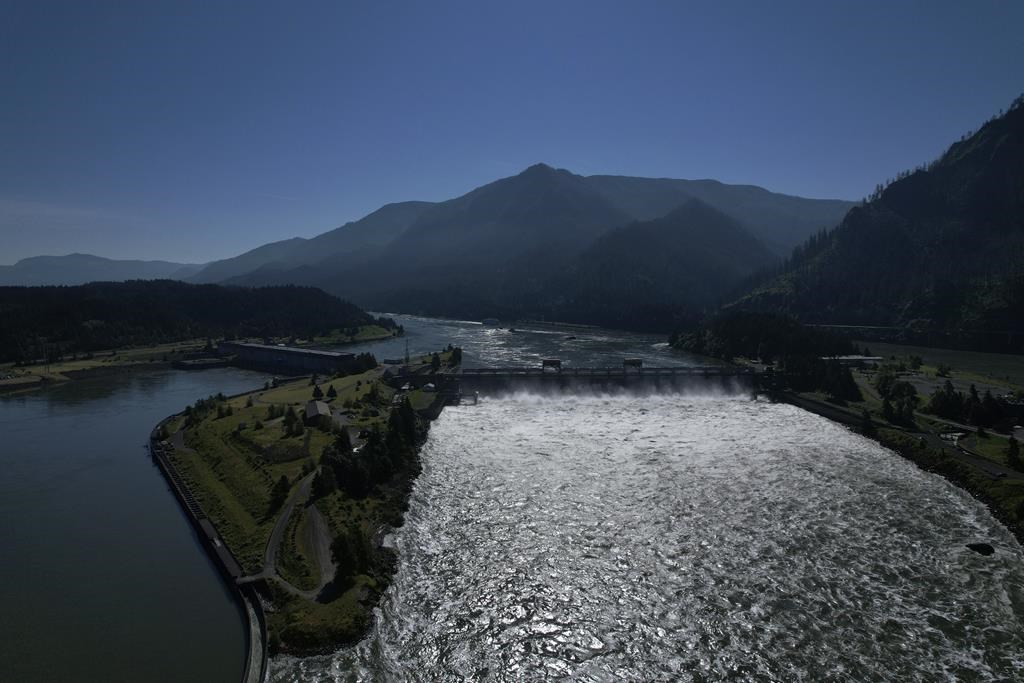Three First Nations in B.C.’s Interior will now financially benefit from the Columbia River Treaty, the province announced on Thursday.

The Ministry of Indigenous Relations and Reconciliation says through three separate agreements, the Ktunaxa, Secwépemc and Syilx Okanagan nations will each receive five per cent of revenue generated through the sale of downstream power benefits.
The ministry says the proposed interim revenue-sharing agreements will last for four years.

“This interim agreement is significant for us,” said Kathryn Teneese, chair of the Ktunaxa Nation council.
“It’s an acknowledgment of impacts to Ktunaxa rights and title, and is one step on the path of reconciliation.”
According to the province, the treaty was ratified in 1964 by the U.S. and Canada to provide flood control and generate additional hydro power, but was negotiated without considering the impacts it would have on the rights, culture, economies and ways of life of Indigenous nations.
The province also said the treaty’s dams and reservoirs flooded 110,000 hectares (270,000 acres) of Canadian ecosystems, displaced more than 2,000 residents, as well as First Nations, communities and infrastructure, and affected farms, tourism and forestry activities.

“When the Columbia River Treaty was developed, governments didn’t consult or co-operate with First Nations or any Columbia Basin residents — the very people whose lives, livelihoods and cultures would be affected for decades,” said Katrine Conroy, Minister of Finance and Minister Responsible for the Columbia River Treaty.
“Since 2018, Indigenous Nations with territory in the Columbia Basin have worked closely with Canada and B.C. to negotiate a modernized treaty with the U.S.; today, they are at last sharing in the benefits the treaty brings.”
The province added that the Ktunaxa, Secwépemc and Syilx Okanagan nations have been an essential part of the Canadian negotiating team, alongside the governments of Canada and B.C.
Teneese said “Ktunaxa perspectives are vital to this treaty process, and we value being at the table with the other Indigenous Nations, along with British Columbia and Canada.”

Clarence Louie, chief of the Osoyoos Indian Band, called the revenue-sharing agreement with the Okanagan Nation an “historic first step for our government-to-government relationship.”
“For far too long, we have been excluded from decisions that directly impact the Syilx Nation,” said Louie.
“These previous decisions lacked any form of consent and often left us with only devastating impacts. With this announcement, the provincial government has demonstrated a level of integrity to finally do the right thing.”
Louie also said, “alongside our First Nation neighbours in the Columbia River watershed — the Secwépemc Nation and Ktunaxa Nation — we are beginning a long journey of righting the historical wrongs of the past injustices with the Crown on decision-making, revenue sharing, ecosystems and Indigenous cultural values.”





Comments